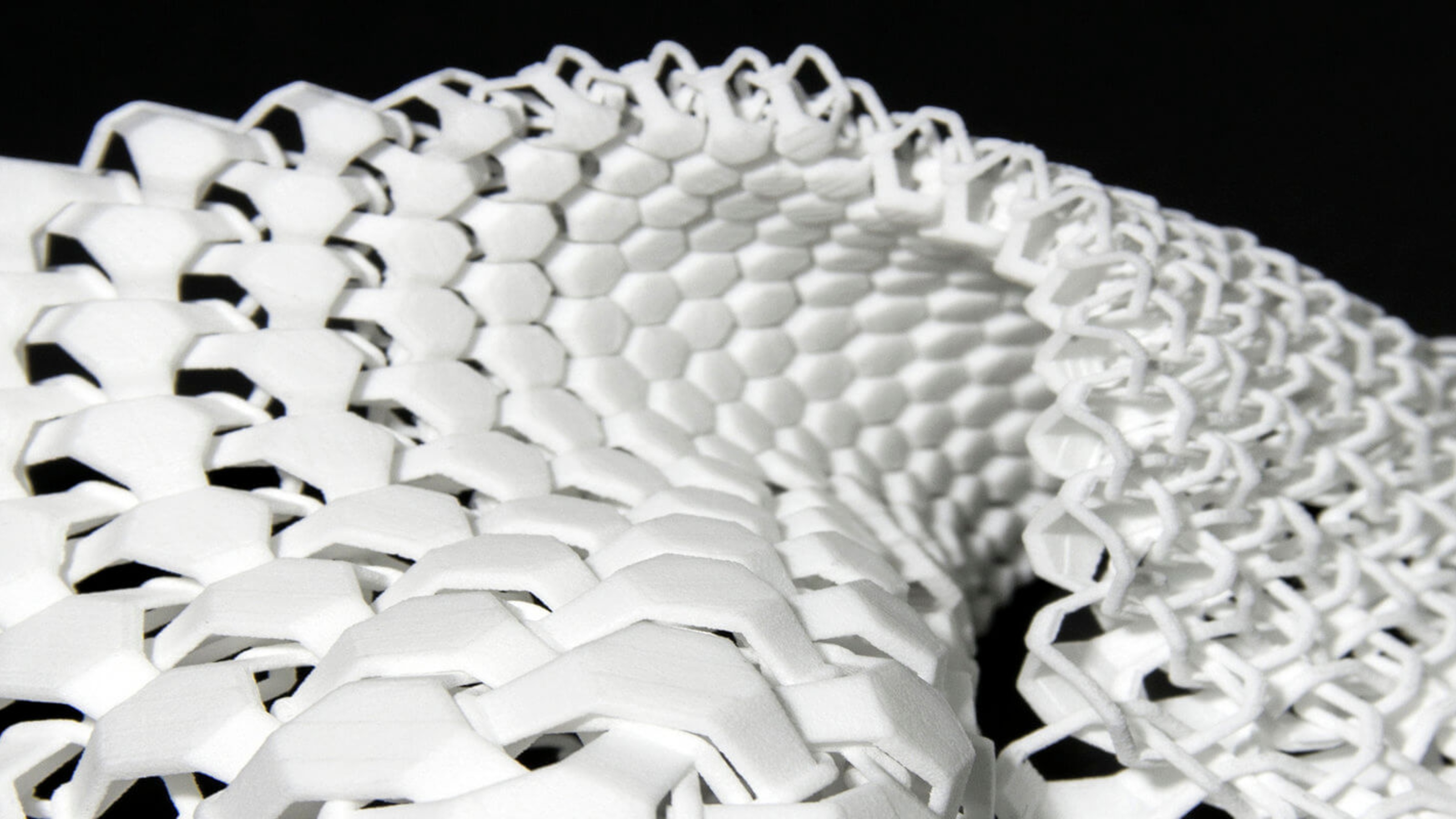User Experience and Interaction Design
Understand the perspectives of users and learn how to create the designs with which they interact.

User-experience (UX) design is a fast-growing design field that addresses all aspects of UX—from understanding the users to creating the designs with which they interact.
Human-focused interaction design aims to improve aspects of human life through a variety of design mediums. These range from physical consumer objects to digital interactions, such as apps, games, and websites.
Interaction design research envisions how people experience products. It brings that knowledge to life in ways that feel inspired, refined, and even magical.
Our team is engaged in a wide variety of research. This includes:
- designing digital interventions and physical devices for health
- applying psychological principles through tangible interactions
- championing accessible design
- tackling issues related to design ethics.
Our skilled researchers work across digital and physical media to improve the overall experience of design. We are committed to best practice as well as to investigating current and emerging practices in the UX field.
Research topics
| Research topic | Staff who can supervise research in this area | |
|---|---|---|
| Accessible design | Catherine Caudwell, Gillian McCarthy | |
Design ethics | Catherine Caudwell, Leon Gurevitch | |
Design for health | Gillian McCarthy, Edgar Rodriguez, Dana Fridman, Nadia Pantidi | |
Design psychology | Helen Andreae, Gillian McCarthy, Areito Echevarria, Edgar Rodriguez, Dana Fridman | |
Interactive products | Helen Andreae, Edgar Rodriguez | |
| User experience for government and business | Dana Fridman | |
| Participatory and Experienced -Centered Design | Nadia Pantidi | |
User experience practice | Dana Fridman, Gillian McCarthy, Edgar Rodriguez, Leon Gurevitch | |
Academic staff
| Name | Research interests | |
|---|---|---|
| Bert Aldridge |
| |
| ||
| ||
| ||
| ||
| ||
| ||
| Nadia Pantidi |
| |
| ||
Design research labs
Smart interactions

This research cluster involves synergies between the School of Design Innovation and strategic research partners. Work in this area combines media design, industrial design, software engineering, electronics, and computer systems engineering.
For more see Smart Interactions.
Study options
The following postgraduate programmes allow you to pursue research in the area of user experience and interaction design:
Master of Design (MDes)
The MDes allows you to further develop your critical thinking and discussion skills, increase your understanding of design, and learn to express your own ideas and conclusions within a theoretical framework.
Find out more about the Master of Design (MDes).
Master of Design Innovation (MDI)
The MDI delves deep into the process of innovation, from conception to design to construction. Through independent research, you'll gain the specialist skills and knowledge you need to be a successful professional in the design industry.
Find out more about the Master of Design Innovation (MDI).
Master of User Experience Design (MUXD)
The MUXD is a conversion degree. It builds on the relevant skills you have developed during your professional career or undergraduate university study, such as problem solving, critical thinking, and verbal and written communication.
Find out more about the Master of User Experience Design (MUXD).
PhD
On our PhD programme, you'll produce an original body of research that expands the design discipline. Your work will be largely independently driven, with two supervisors available to advise you. Typically the PhD is studied on-site, but in suitable cases it may be studied by distance.
Find out more about the PhD.
